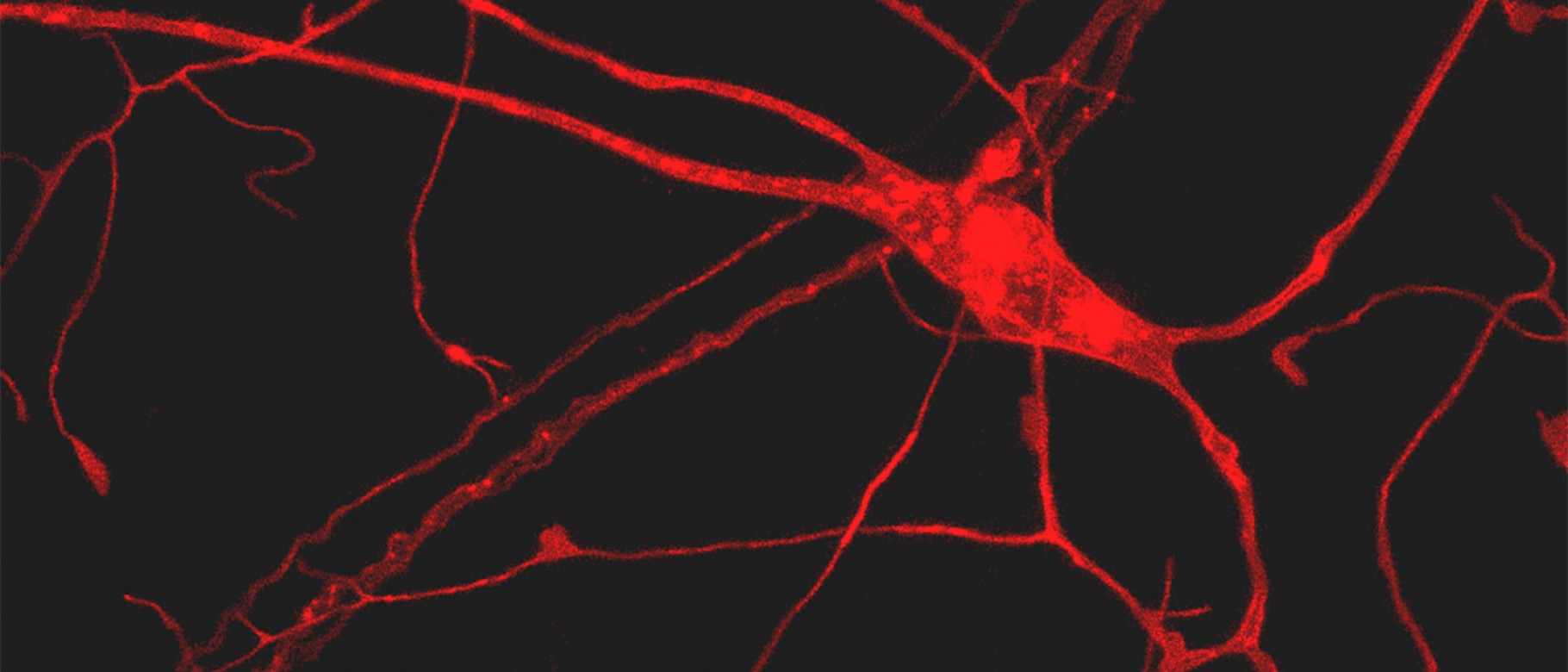UNE pain research featured in ‘Sun Journal’ article about cutting-edge research in Maine

Researchers in the University of New England’s Center of Biomedical Research Excellence (COBRE) for the Study of Pain and Sensory Function are searching for better ways to treat chronic pain. Their work was recognized in a Sun Journal piece called “Miracles from Maine,” that detailed a variety of cutting-edge biomedical research projects from around the state.
UNE receives more research funding from the National Institutes of Health (NIH) than any other Maine college or university. That is largely due to a $10 million grant funded by an Institutional Development Award (IDeA) to create the COBRE at UNE to study pain.
One of the four major research projects funded by the grant is the study of pain in fruit flies, which have core similarities to humans. Geoffrey Ganter, Ph.D., professor of biology, is looking at how the flies respond to pain with the goal of identifying pain pathways that can be blocked by new drug treatments – alternatives to opioids which can cause addiction and debilitating side effects.
"We compare it to a volume knob for pain,” said Ganter. “If we can turn that volume knob down, it's possible we can relieve the problem of pain."
To learn more about UNE’s Center of Biomedical Research Excellence for the Study of pain and Sensory Function, visit www.une.edu/research/cobre
To apply, visit www.une.edu/admissions